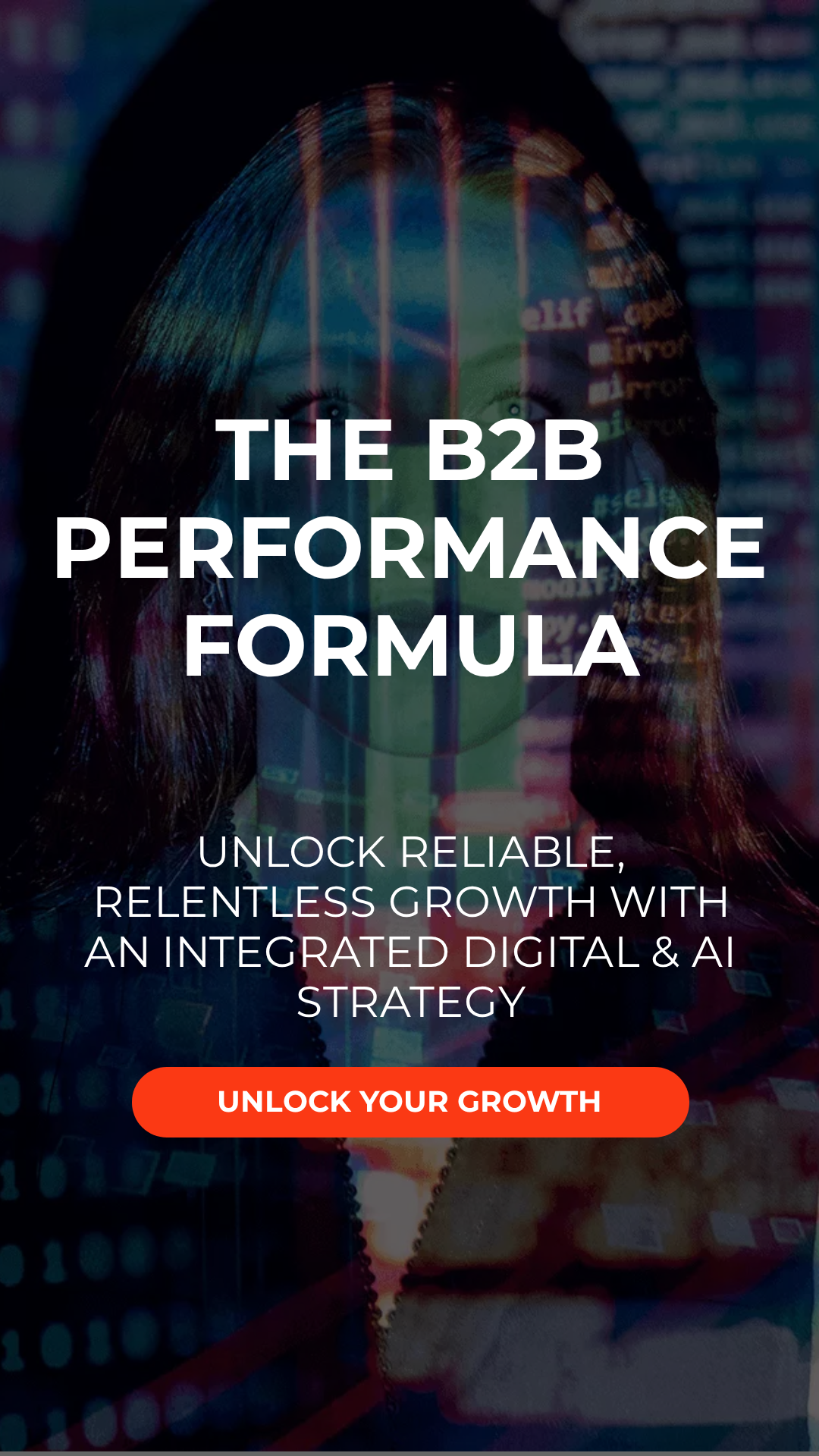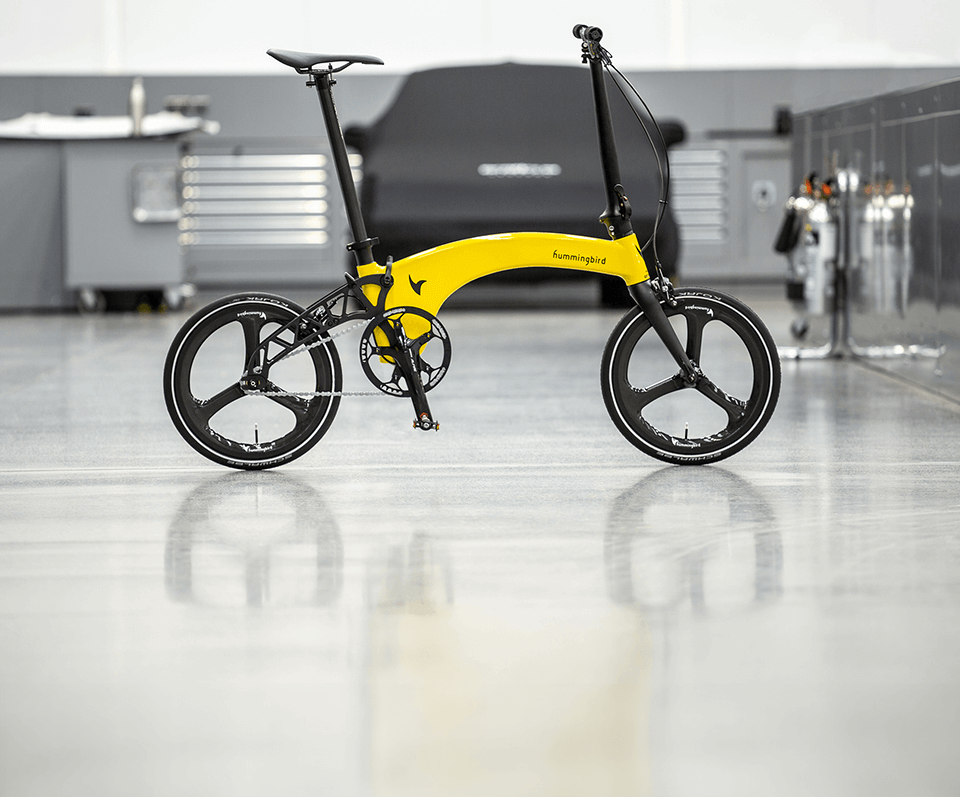You can’t scroll these days without seeing some form of new artificial intelligence ‘taking over’. None more so than AI tools to assist with various forms of copywriting like ChatGPT & copy.ai. This got us thinking will our precious network of professional connections soon find itself at the mercy of robotic overlords? Hopefully not anytime soon, but on a serious note, we’ve got to ask ourselves: could these AI tools inevitably destroy LinkedIn as we know it?
With LinkedIn home to over 3 million updates, 1 million articles and 8 million job applications each and every day, can the platform maintain its authenticity with AI looming large?
Let’s explore the very real possibility of a LinkedIn AI takeover.
The invasion of AI writing software and apps
AI writing tools use natural language processing (NLP) and machine learning (ML) algorithms to generate human-like text. These tools can write articles, emails, social media posts, and, well, pretty much anything, with just a few clicks. The benefits of AI writing tools are obvious: they save time, reduce errors, and improve productivity. However, they also raise ethical, legal, and social questions about the future of work.

The rise of AI in professional networking
AI writing tools are evolving the way we write and communicate. These tools are not only efficient but also provide (mostly) accurate results, making them a go-to source for professionals worldwide. But, the million-dollar question: can AI replace human interactions in professional networking?
Can LinkedIn survive the AI onslaught?
As AI technology continues to get more advanced, it’s a matter of time before it dominates the platform. These tools can create profiles and job descriptions and even apply for jobs without any human intervention. This might make the platform more efficient, but at what cost?
LinkedIn, known for its authenticity and professionalism, may lose its essence with the influx of AI tools. With more and more people using AI to write their profiles, it’s becoming challenging to differentiate between genuine and AI-generated content. This poses a significant threat to the credibility of LinkedIn.
Will AI ruin thought leadership and real opinions?
Thought leadership and real opinions are important aspects of LinkedIn that set it apart from other social media platforms. It’s a space where people can share their expertise, insights and opinions with a professional audience. But with AI taking over, will it be able to produce content of the same calibre as humans?
Let’s be real, AI is great at doing things that are repetitive and don’t require much creativity or thought. But when it comes to producing thought-provoking content that inspires, motivates and resonates with human emotions, it falls short.
Authenticity and the human touch
The essence of LinkedIn lies in its human touch. It’s a platform that connects people, not just their profiles. With AI taking over, the human touch will be lost, and the platform will become just another job portal. This might attract more companies, but it will push away the authentic user base of the platform. AI cannot replicate this human interaction vital for creating meaningful connections and building rapport.
Authenticity is also important when it comes to sharing opinions and experiences. People want to hear from other people, not robots. AI may be able to create content based on data and statistics, but it cannot provide personal anecdotes or experiences that make content relatable and authentic.
Is AI coming for our jobs?
AI has already replaced humans in many repetitive and mundane tasks, such as data entry, customer service, copywriting (!) and even some medical diagnoses. Thankfully, AI has its limitations, and it cannot replace human judgement, intuition, and decision-making skills. So it looks like most of us are safe…for now.
The dark side of AI
As we explore the possibility of an AI takeover on LinkedIn, let’s dive deeper into the potential drawbacks of relying too heavily on artificial intelligence.
Autonomous debating system
It’s no secret that social media can be a breeding ground for arguments and misinformation. And with Project Debater on the horizon, things could get even worse. Project Debater, as described by Nature, is an autonomous debating system that can engage in a competitive debate with humans, constructing coherent and convincing arguments from the content of millions of news articles.
But it’s not just the technology itself that is cause for concern. If Project Debater is ever unleashed on the public, it could also lead to a decrease in critical thinking and independent thought. If people start to rely on machines to generate arguments and form opinions, they may become less capable of doing so themselves.
So, before you engage in another heated online debate, consider the possibility that you might be arguing with a bot.
Less genuine opinions
While AI may be able to churn out content quickly and efficiently, it lacks the human touch that adds value to opinions and insights. Without real human input, LinkedIn may become a platform filled with generic, unoriginal content that fails to provide any real value to its audience.
Too much of the same content
With the widespread use of AI, we may see a flood of similar content being produced, as machines learn from the same data sources and algorithms. This will lead to a lack of diversity and originality on the platform, as well as a decrease in engagement and interest from users.
Too many spammy comments
AI can also be used to generate spammy comments and engagement on posts, leading to a false sense of popularity and inflated metrics. This can be detrimental to the authenticity of the platform and may drive away genuine engagement and interaction.
Less real interaction and engagement
As AI takes over community management tasks on LinkedIn, there may be less real interaction and engagement between users. This could lead to a decrease in trust and connection-building on the platform, as well as a decrease in the overall quality of discussions and interactions.
Fake accounts and personas appearing real
It will become easier to create realistic fake accounts. This could lead to an increase in spam, scams, and other nefarious activities on the platform, eroding the trust and authenticity that LinkedIn has worked so hard to build over the years.
The perks of an AI-driven LinkedIn
Ok, so we have to admit that AI isn’t all that bad. An AI-driven LinkedIn will undoubtedly have its benefits. With AI tools taking stock, the platform will become more efficient, making job searches and employee sourcing a breeze. LinkedIn has been quick to jump on the bandwagon, introducing new AI features in the form of collaborative articles and profile optimisation to help companies generate accurate job descriptions and find the perfect candidate for the job in no time.
And we should also mention that AI can enhance user experience on LinkedIn by providing personalised recommendations and insights based on user behaviour as well as speeding up response times.
The bottom line
So, will AI destroy LinkedIn as we know it? Oh absolutely, AI is going to destroy LinkedIn as we know it. Who needs a platform for professionals to connect, network, and find opportunities when we can just have robots do it all for us? Why bother with building relationships and making human connections when we can rely on algorithms to do all the work? Who needs that personal touch anyway?
And why worry about bias and discrimination when we can just let the machines make all the decisions for us? I’m sure they’ll be totally impartial and unbiased, just like humans are…
But seriously, while AI will certainly have an impact on LinkedIn and the world of professional networking and recruiting, it’s unlikely to completely replace the platform or make it obsolete.
LinkedIn’s strong brand recognition and large user base make it a valuable resource for professionals, and AI is more likely to complement and enhance human connections rather than replace them. So let’s all take a deep breath and relax, because the robots aren’t taking over just yet.

















